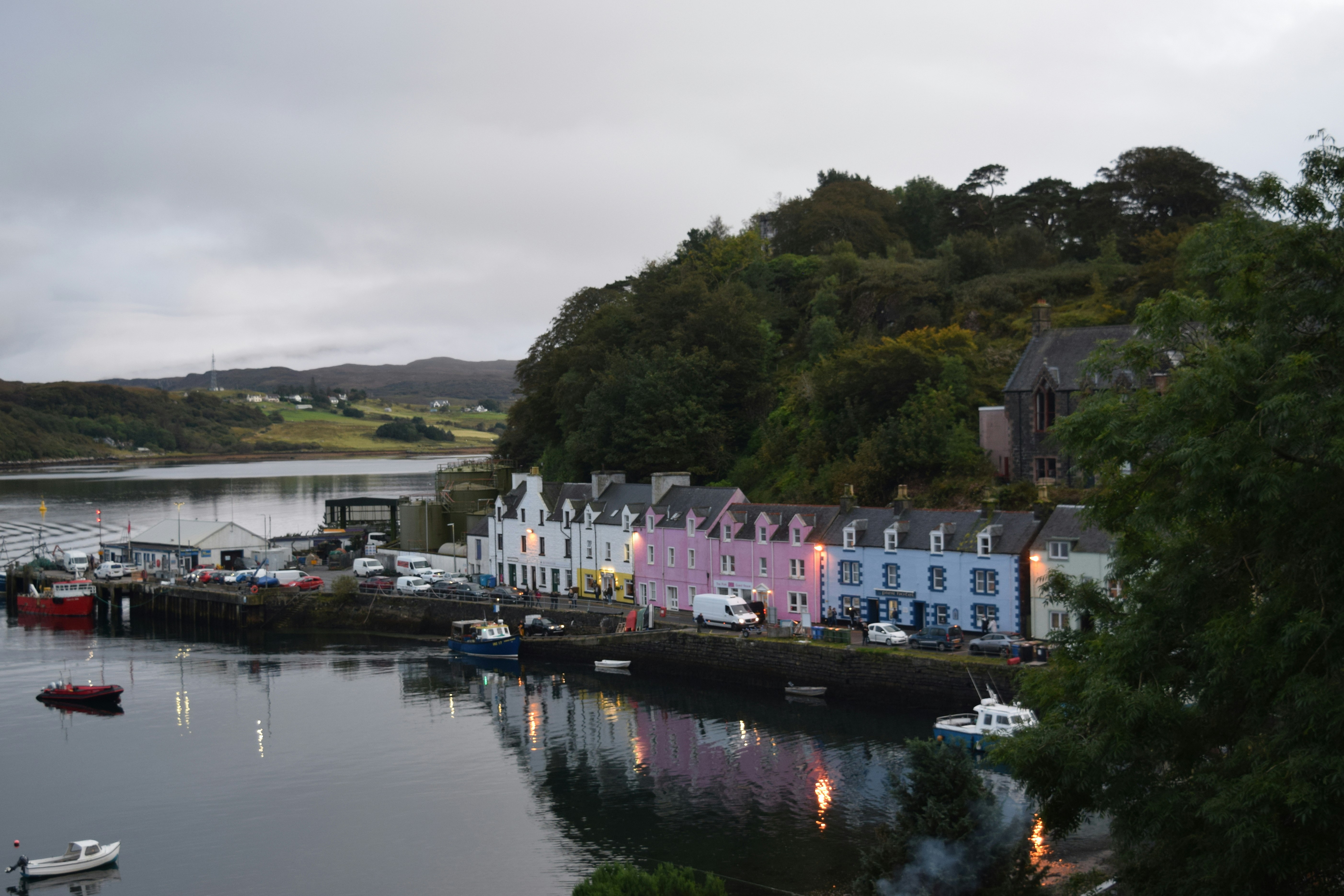Cruise Scotland Raises Concerns Over Proposed Port Levy

Cruise Scotland has formally responded to the Scottish Government’s public consultation on a proposed cruise passenger levy, which was initiated in February to gather opinions on whether local councils should have the authority to charge cruise visitors a fee upon arrival at Scottish ports.
While Cruise Scotland maintains its opposition to the levy, the organization emphasized its willingness to work collaboratively with the government on the matter.
In its submission, the association cautioned that implementing such a charge could negatively impact Scotland’s cruise industry, damage the broader economy, and weaken the country's appeal as a global travel destination.
Cruise Scotland—an alliance representing ports, tourism organizations, and cruise operators throughout the country—voiced its concerns that permitting individual local authorities to impose the levy at their discretion could discourage cruise lines from visiting. The group noted that such a policy might jeopardize the long-term efforts and investments made to grow the cruise sector in Scotland.
Rob Mason, chair of Cruise Scotland, stated:
“Scotland must decide whether it wants to attract or deter a sector that delivers over £130 million annually to the national economy and sustains jobs in some of the most remote and economically vulnerable communities.”
The organization called on the Scottish Government to provide greater clarity on the purpose of the proposed levy:
“make it a priority to establish a clear rationale for the cruise industry, which needs a clear and transparent statement of intent on what is the objective of the levy.”
Cruise Scotland warned that continued ambiguity would hinder ports and cruise companies from making informed operational decisions. Moreover, the group stressed that an abrupt rollout of the levy without phased implementation or thorough engagement with stakeholders could lead to logistical disruptions and financial harm.
The association also pointed out that the levy could discourage cruise lines from using Scottish ports as embarkation or disembarkation hubs—known as homeporting—which generate the highest levels of economic benefit.
Mason added:
“Cruise Scotland fully acknowledges the need for continued and targeted investment in destination infrastructure to support cruise tourism.”
“However, it strongly advocates for such investment to be guided by a clear national strategy, developed transparently and in close collaboration with industry to ensure any new measures enhance Scotland’s cruise offering.”